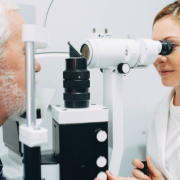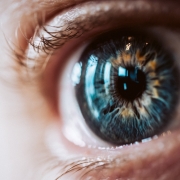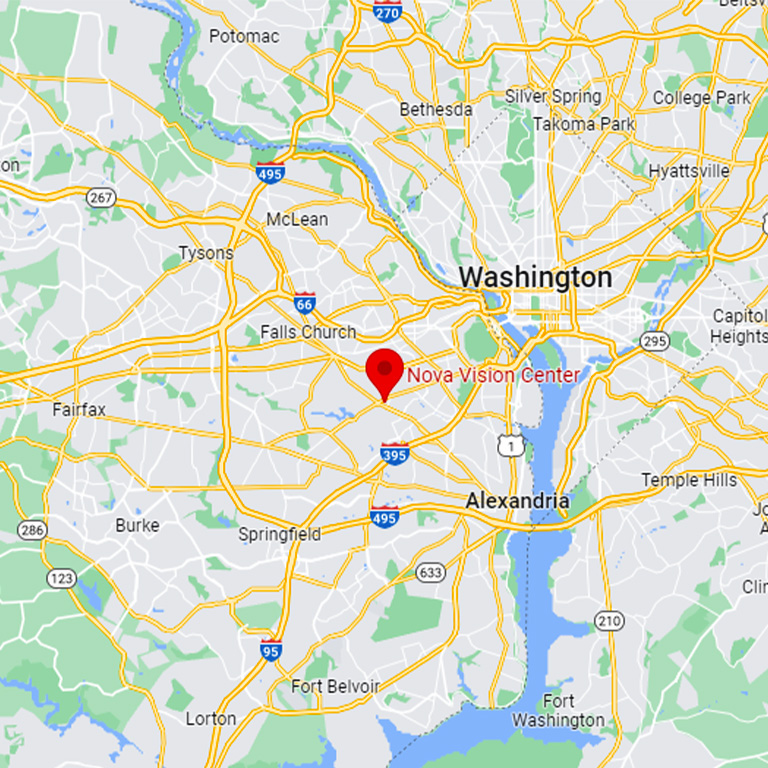4 Common Vision Problems
Vision problems can happen out of nowhere. That said, it’s important to understand the common vision conditions that many people experience today.
In this post, we’ll discuss the most common eye and vision problems.
Age-Related Macular Degeneration
Age-related macular degeneration (AMD) can lead to sharp and central vision issues. Those with the condition may have trouble with reading and driving. In fact, AMD can make seeing any object more difficult. The condition impacts the macula, a vital part of your retina that helps you see fine details. There are two types of AMD—wet AMD and dry AMD.
If you’re struggling with macular degeneration, help is out there. Here at Nova Vision Center, we’re happy to offer the most trusted macular degeneration treatment in Falls Church, VA. Call us today to make an appointment!
Refractive Errors
Refractive errors consist of multiple conditions that can cause vision issues. These include:
- Hyperopia (farsightedness)
- Myopia (nearsightedness)
- Astigmatism (blurry vision at all distances)
- Presbyopia (inability to focus up close)
Refractive errors are the most common eye conditions in the United States. Luckily, glasses, contacts, and even surgery can effectively treat these issues.
Cataracts
Cataracts is another very common condition, especially for those over 40. This issue causes clouding of the eye lens, which can lead to severe problems with your vision. The good news is that treatment to remove cataracts is widely available.
Glaucoma
Glaucoma consists of multiple conditions that can damage your eye’s optic nerve. Unfortunately, this can result in vision loss and even blindness. Early treatment is a great way to lower the chances of severe vision loss.
Nova Vision Center can treat a wide variety of eye and vision problems. Contact us today to work with the leading eye doctor in Falls Church, VA!





